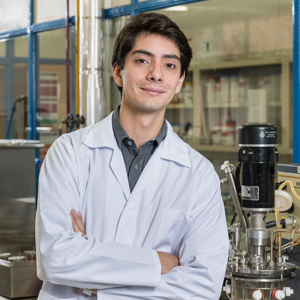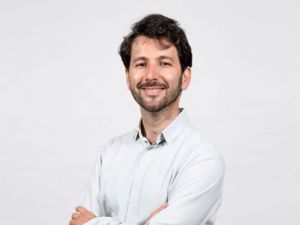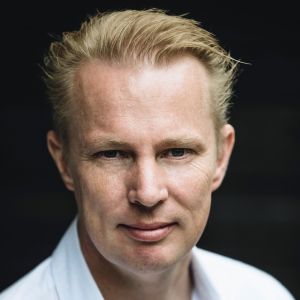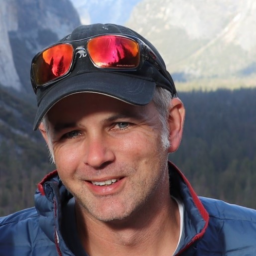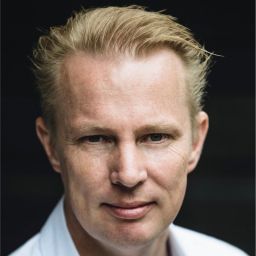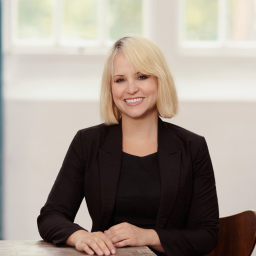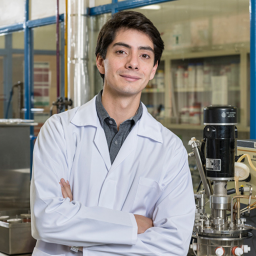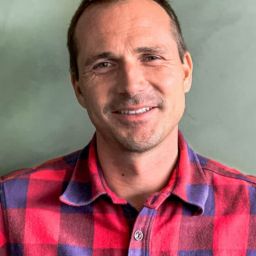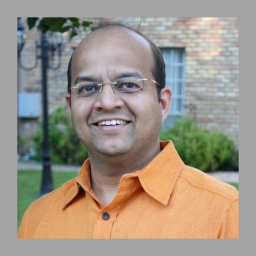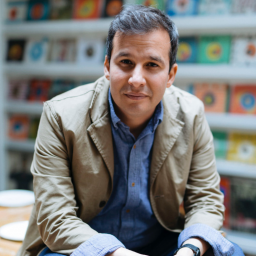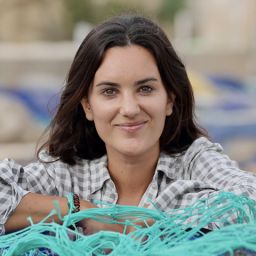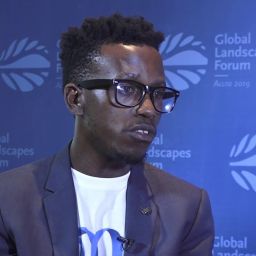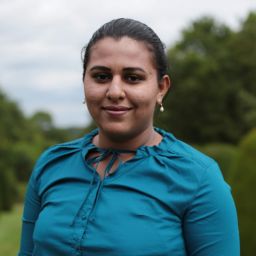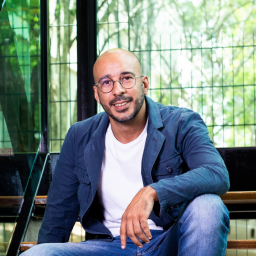Meaningful Business (MB:) Why should businesses care about protecting the oceans and marine ecosystems?
David Katz (DK): Consumers are awakening to the business of purpose. Every business should be expected to lead by example and stand on the right side of history. It is no longer enough to speak against the degradation of our planet. Our choices and actions will enliven a world that can and will reverse the damage that is being done. We are being judged not only by those who talk about our brands and buy our products, but also by those who will decide where they want to work. The next generation is listening very closely. Your authenticity speaks way louder than words.
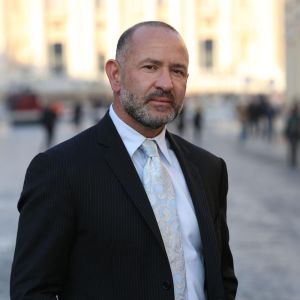
David Katz, Founder & CEO, Plastic Bank
MB: What is preventing businesses from doing more right now?
(DK): Businesses are slow from participating for untold reasons. The one that I see most prevalent is the fear of risk. They fear that they may be misunderstood or that what they can do is not good enough. I think the question shouldn’t be what’s preventing businesses from doing more, but rather, what’s preventing them from starting? What’s having them decide not to begin now with what they already have? We need to address this as a society and create greater space for those who make mistakes and the effort of trying.
MB: What are some of the funding gaps that you think exist in this space?
(DK): It’s the same conversation for funding. People are afraid to make mistakes. They’re looking to see that everything is perfect before they begin. In my experience at Plastic Bank, we all know that the perfect is the enemy of the good enough – in place, in time and in history. Right now, there is no time. There is only now, and we have the capability to do something now. We can’t wait for things to be perfect before we fix the damage that’s been done. It’s like asking the environment to be whole again, perfect again, beautiful again, before we even begin. All because we don’t want to take a risk and look bad.
MB: What are the biggest opportunities for businesses to invest in blue economy innovation?
(DK): The focus should be on ocean regeneration. Organisations, whether big or small, must work together to find spaces where we get to repair the damage that has been done to the ocean. I’m talking about not just mitigating it or stopping further damage, but truly repairing it. Focus on innovations that restore marine life so we can build abundance for all. I believe that this opportunity also lies in social change. It’s not just the environment. We have to recognise that the state of our environment is a condition as a result of social and socioeconomic disparity. We must look for opportunities that strengthen both our planet and our people.
MB: Are there any examples you have seen of successful business collaborations with a focus on marine protection?
(DK): There are a lot of companies working together to do excellent work – the partnership of Adidas and Parley for the Oceans comes to mind.
Our partners at Plastic Bank are amongst the world’s most progressive companies who understand that no matter how unstoppable it may seem, we can work together to stop ocean-bound plastic from entering the ocean to begin with. We’re empowering Ocean Stewards to stop ocean plastic by creating and nurturing ethical collection communities in vulnerable coastal regions. Our collection community members exchange plastic for life-improving benefits. Exchanges are recorded through a blockchain-secured platform that enables traceable collection, secures income, and verifies reporting. Collected material is processed into Social Plastic® feedstock for reuse in products and packaging.
Together with over 200 global partners, we have already stopped more than 50 million kilograms of plastic from entering our ocean – equivalent to more than 2.5 billion plastic bottles.


